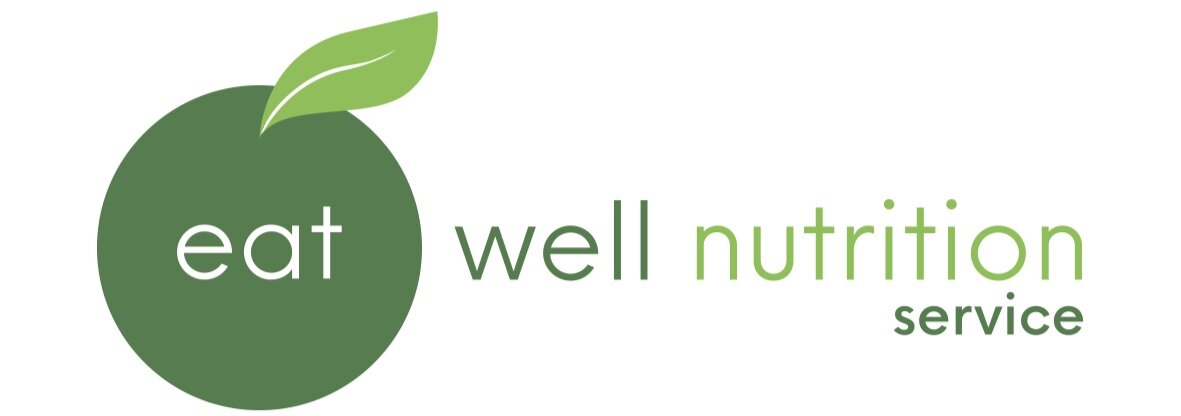The Importance of Mid Meal Snacks
Mid meal snacks are a fantastic way to achieve adequate nutrition and hydration in aged care residents. Many mid meal snacks provide a good source of calories and additional protein, as well as assisting with increasing fluid intake. For residents with a small appetite or who have lost weight, mid meal snacks create additional opportunities outside of mealtimes for increased nutritional intake. This is particularly beneficial for residents who find it difficult to manage large amounts of food in one sitting.
Mid meal snacks should be offered at morning tea, afternoon tea and supper, and need to be suitable for residents likes, preferences and dietary requirements – particularly individual modified texture diet requirements. Mid meal snacks in aged care can lack variety and nutritional benefit, particularly when residents are only provided with a sweet or savoury biscuit with their hot drink. Whilst residents should be provided with food items that they are familiar with, mid meals should vary in taste, flavour and presentation. It is vital that a food item is offered to residents in addition to a drink, such as tea, coffee or milk drinks such as Milo.
For residents who have an unmodified diet, it is recommended that fresh fruit is available at all mid meals. Whilst some residents may prefer to have a dried biscuit at mid meals, providing a variety of baked goods will assist in increasing resident satisfaction and nutritional intake. It is important that catering and care staff offer and encourage the various items available at mid meals, rather than waiting for residents to ask for particular items. Popular and nutritious mid meal snacks in aged care include:
Cakes: banana cake, butterfly cakes, carrot cake, chocolate cake, apple tea cake, fruit cake, orange cake, patty cakes, rock cakes, ginger cake, sultana cake
Muffins and loaves: apple and bran muffins, banana bread, blueberry muffins, choc chip muffins, date loaf
Scones: date scones, fruit scones, pumpkin scones, cheese scones, plain scones served with jam and cream
Biscuits: Anzac biscuits, cornflake biscuits, jam drops, ginger biscuits, cream filled biscuits
Slices: apricot slice, caramel slice, chocolate slice, coconut and jam slice
Other ideas include cheese platters, Fruche, yoghurt, custard, pikelets with jam and cream, sandwiches or buttered raisin toast
Most of the mid meal snacks provided to residents who have a regular diet can also be given to residents who require a texture modified diet. It is common that residents requiring a minced moist or smooth puree diet are not catered for or assisted at mid meals, which can result in reduced nutritional intake posing a risk for malnutrition. Baked goods such as cakes and muffins can be modified with cream, custard or milk, which will also assist in boosting calorie and protein content. Suitable mid meal snacks for those requiring a texture modified diet include:
Puree cakes or muffins using cream, custard or milk
Puree fruit with yoghurt or custard
Dairy snack packs
Fruche
It is vital that the catering team commit extra time to ensure that residents receive a visually appealing and nutritious mid meal snack. Presentation is essential when offering mid meals. Try using different coloured icing or frosting, pipe whipped cream on top of baked goods, dust cinnamon, chocolate or icing sugar on custard or pureed cakes, garnish with berries or mint, and serve mid meals on different coloured napkins or crockery.
Ensuring a variety of tasty mid meal snacks are provided in your aged care facility will assist in improving the nutritional status and quality of life of residents. Your Accredited Practising Dietitian (APD) from the Eat Well Nutrition team is available to provide education to both care and catering staff and also to assist with audits and quality projects to improve the quality of mid meals offered to residents at your facility.
